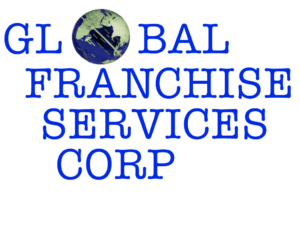How long does franchise ROI take?
People often ask me how long it takes to return your investment on a franchise. When discussing franchise ROI, there are really several separate questions. How long does it take to make a return of your investment, how long to make a return on your investment, and what is an acceptable ROI for a franchise model. Today, we are just looking at the first, but keep in mind all three of these are covered in the book How and Why to Franchise Your Business.
The amount of the investment
How you fund the business
The profitability of the business
Profitability
Lets look at the last one first, to set a baseline. A good rule of thumb for ROI potential in a franchise is a minimum of 20% + equitable salary after two full years in business. To remove variables, we are going to assume that you are investing in a manager-ran business, so you don’t get the equitable salary piece, so now we are just working with the 20% number. So lets use 20% of full investment in year three and beyond as your profitability.
Investment
Next, lets look at the investment. Franchises can range from literally less than $10,000 to in excess of $10,000,000, but the vast majority of franchises range in the $100K-$1mil range, all-in. All-in means all costs to purchase the franchise rights, start the business, and keep it running until it is profitable. To narrow that down even more I would say that around 50% or more of franchises are between $200K-$750K. Lets use a nice round $400K for your investment. Now, based on the answer to question 1 (this paragraph) and question 3 (the last paragraph) we know […]






